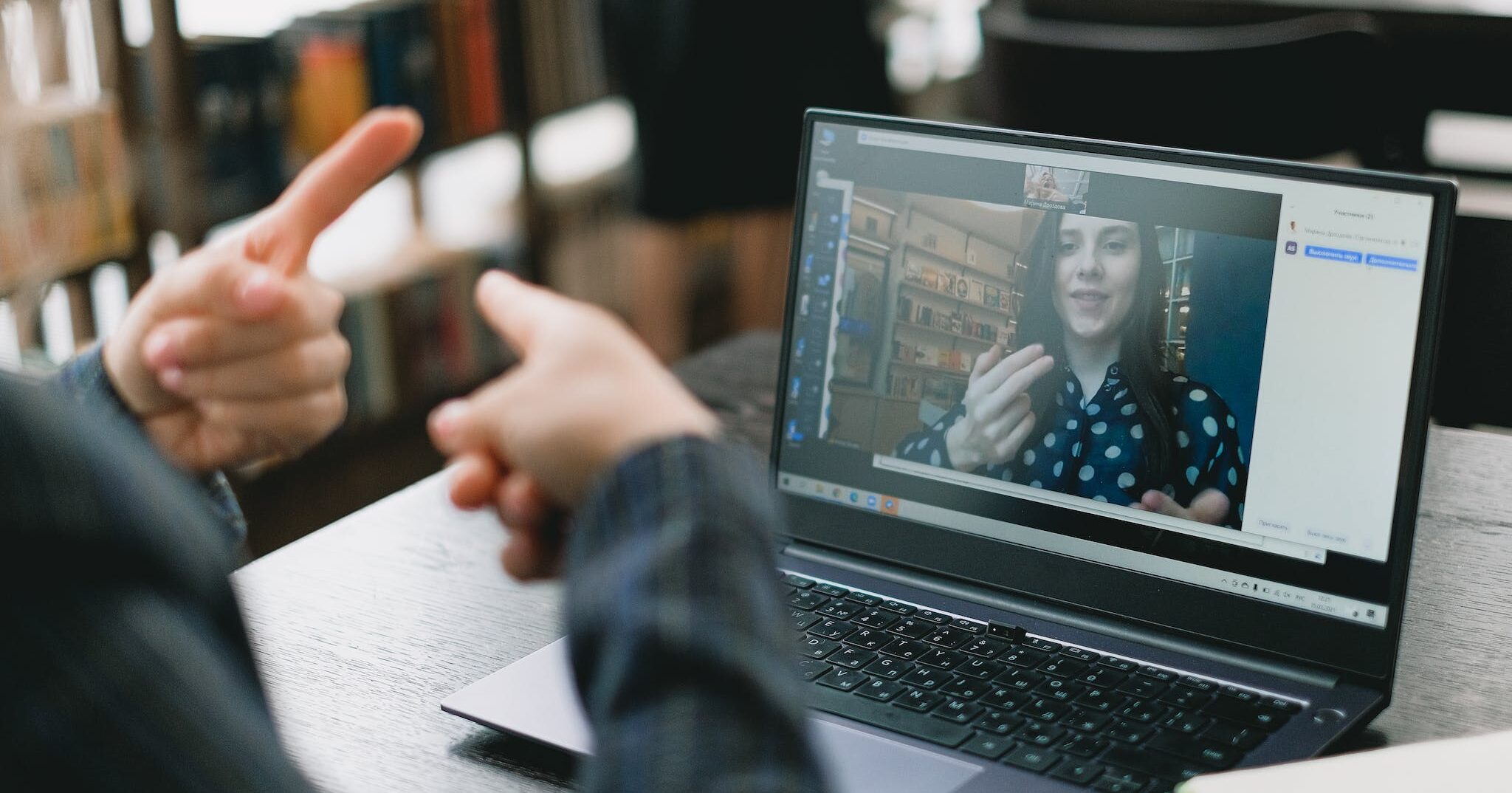Digital accessibility and inclusion are not tech issues for disabled learners.
It’s time we look at digital inaccessibility and digital marginalization in education as chronic symptoms of systemic ableism and unexamined oppression.
We can work transformatively toward improved learning experiences and inclusive digital knowledge sharing communities.


What is digital accessibility?
Looked at through a Disability Justice lens, digital accessibility is a dynamic sociocultural phenomenon that occurs when people with disabilities, and those using assistive technologies, can equitably and agentively: find, understand, navigate, engage in, and contribute to information sharing, information production, and sociocultural experience sharing in digital environments with others.
Digital learning materials, learning environments, activities, assessments, learning technologies, even our digital practices and policies can be thoughtfully designed toward digital accessibility. Or, they can create digital accessibility barriers, marginalize learners with disabilities, even cause physical pain.
Processing new connections.
CanDARE research aims to try out and utilize multiple lenses to play with and provoke new understandings.
Here, contemporary, global research, sits with quiet, contemplative, sensorial experiences in hopes of uncovering liberatory digital practices in post-secondary education.





